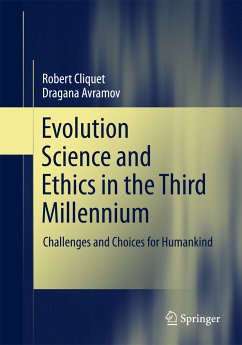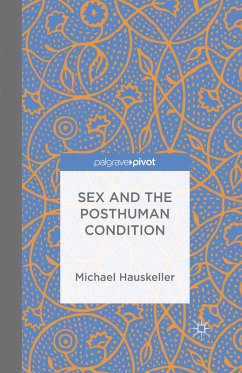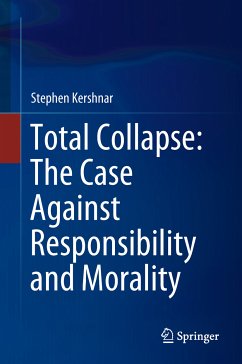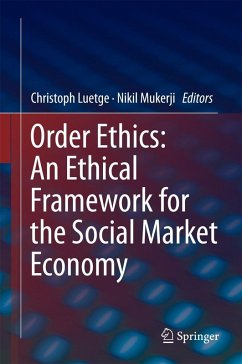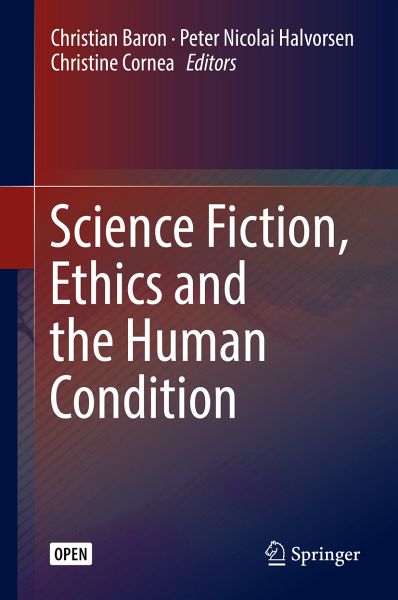
Science Fiction, Ethics and the Human Condition (eBook, PDF)
Versandkostenfrei!
Sofort per Download lieferbar
80,95 €
inkl. MwSt.
Weitere Ausgaben:

PAYBACK Punkte
40 °P sammeln!
This book explores what science fiction can tell us about the human condition in a technological world, with the ethical dilemmas and consequences that this entails. This book is the result of the joint efforts of scholars and scientists from various disciplines. This interdisciplinary approach sets an example for those who, like us, have been busy assessing the ways in which fictional attempts to fathom the possibilities of science and technology speak to central concerns about what it means to be human in a contemporary world of technology and which ethical dilemmas it brings along. One of t...
This book explores what science fiction can tell us about the human condition in a technological world, with the ethical dilemmas and consequences that this entails. This book is the result of the joint efforts of scholars and scientists from various disciplines. This interdisciplinary approach sets an example for those who, like us, have been busy assessing the ways in which fictional attempts to fathom the possibilities of science and technology speak to central concerns about what it means to be human in a contemporary world of technology and which ethical dilemmas it brings along. One of the aims of this book is to demonstrate what can be achieved in approaching science fiction as a kind of imaginary laboratory for experimentation, where visions of human (or even post-human) life under various scientific, technological or natural conditions that differ from our own situation can be thought through and commented upon. Although a scholarly work, this book is also designed tobe accessible to a general audience that has an interest in science fiction, as well as to a broader academic audience interested in ethical questions.
Dieser Download kann aus rechtlichen Gründen nur mit Rechnungsadresse in A, B, BG, CY, CZ, D, DK, EW, E, FIN, F, GR, HR, H, IRL, I, LT, L, LR, M, NL, PL, P, R, S, SLO, SK ausgeliefert werden.





